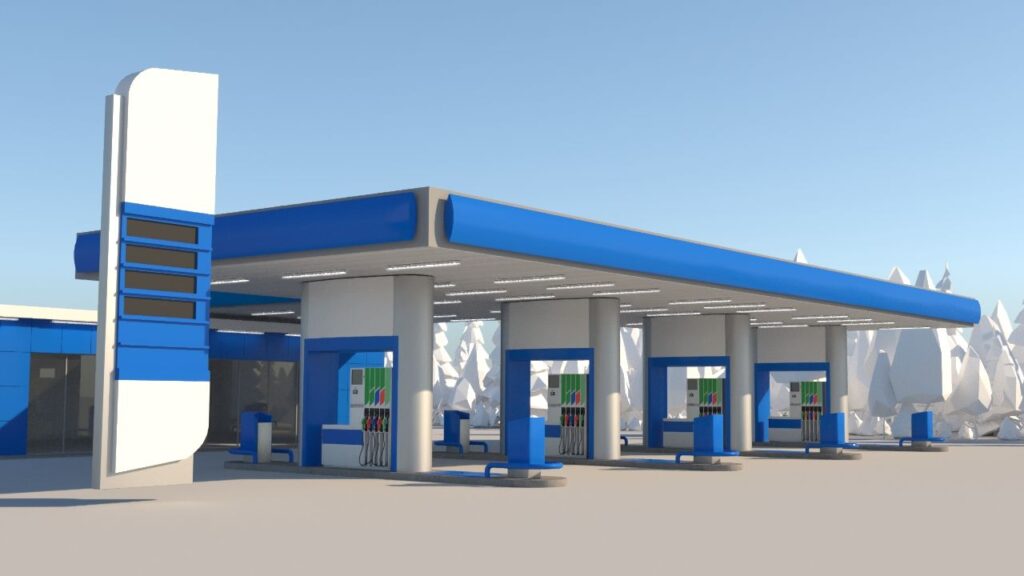
Introduction:
Embarking on the journey of establishing your petrol station in South Africa requires careful planning, thorough research, and compliance with various regulations. While it may seem like a daunting task, with the right approach and knowledge, you can turn your dream into a profitable reality. This comprehensive guide aims to provide aspiring entrepreneurs with a step-by-step roadmap to navigate through the intricacies of starting a petrol station business in South Africa.
Conduct Market Research:
Before diving into the process of establishing a petrol station, it is essential to conduct comprehensive market research. Understand the demand for fuel in your target location, analyse competitor activity, and identify potential challenges and opportunities. Factors such as traffic volume, proximity to highways, and the presence of other petrol stations should be carefully considered to determine the viability of your venture.
Develop a Business Plan:
A well-structured business plan serves as a roadmap for your petrol station venture. It should outline your objectives, target market, financial projections, marketing strategies, and operational plans. Consider seeking professional assistance to ensure that your business plan is comprehensive and aligned with your long-term goals.
Secure Financing:
Establishing a petrol station requires a significant capital investment. Whether you opt for a franchise or an independent operation, securing financing is crucial. Explore various funding options, such as bank loans, investors, or government grants. Prepare a detailed financial projection to demonstrate the profitability and sustainability of your business to potential lenders or investors.
Choose the Right Location:
The success of your petrol station largely depends on its location. Select a site that offers high visibility, easy access, and sufficient space for future expansion. Ensure that the chosen location complies with zoning regulations and environmental requirements. Conduct a feasibility study to assess the site’s suitability in terms of traffic flow, demographic profile, and competitive landscape.
Obtain Necessary Permits and Licenses:
Starting a petrol station in South Africa entails obtaining various permits and licenses to ensure compliance with regulatory standards. These may include environmental permits, health and safety certifications, fire safety clearances, and operational licenses from relevant authorities such as the Department of Mineral Resources & Energy and local municipalities. Failure to secure the necessary permits can result in legal repercussions and delays in launching your business.
Construct Infrastructure:
Once you have secured the necessary approvals, proceed with the construction of your petrol station infrastructure. This involves installing underground fuel storage tanks, fuel dispensers, canopy structures, convenience store facilities, and other essential amenities. Hire reputable contractors and adhere to industry safety standards throughout the construction process.
Equip and Furnish the Station:
Equip your petrol station with state-of-the-art fuel dispensing systems, payment terminals, security cameras, and signage. Create a welcoming atmosphere by furnishing the convenience store with shelving units, refrigeration equipment, seating areas, and a selection of merchandise catering to customer preferences. Invest in reliable point-of-sale software to streamline transactions and inventory management.
Recruit and Train Staff:
Recruit a team of qualified and customer-oriented staff to manage day-to-day operations at your petrol station. Provide comprehensive training on safety protocols, customer service standards, product knowledge, and emergency procedures. Empower your employees to deliver exceptional service and foster a culture of teamwork and professionalism.
Develop Marketing Strategies:
Promote your petrol station through strategic marketing initiatives to attract customers and build brand awareness. Utilize traditional and digital marketing channels, including signage, social media, local advertising, loyalty programs, and promotional events. Offer incentives such as discounts, loyalty rewards, and special offers to incentivize repeat business and customer loyalty.
Monitor Performance and Adapt:
Once your petrol station is operational, monitor its performance closely and make necessary adjustments to optimize efficiency and profitability. Track fuel sales, inventory levels, customer feedback, and market trends to identify areas for improvement and expansion opportunities. Stay abreast of industry developments, regulatory changes, and technological advancements to remain competitive in the dynamic petrol retail sector.
Conclusion:
Starting your petrol station in South Africa is a challenging yet rewarding endeavor that requires meticulous planning, diligent execution, and unwavering commitment. By following the steps outlined in this guide and leveraging the resources available, you can navigate through the complexities of establishing a successful petrol station business. With dedication, perseverance, and a customer-centric approach, you can carve out a niche in the lucrative fuel retail market and achieve long-term success as a petrol station entrepreneur in South Africa.








